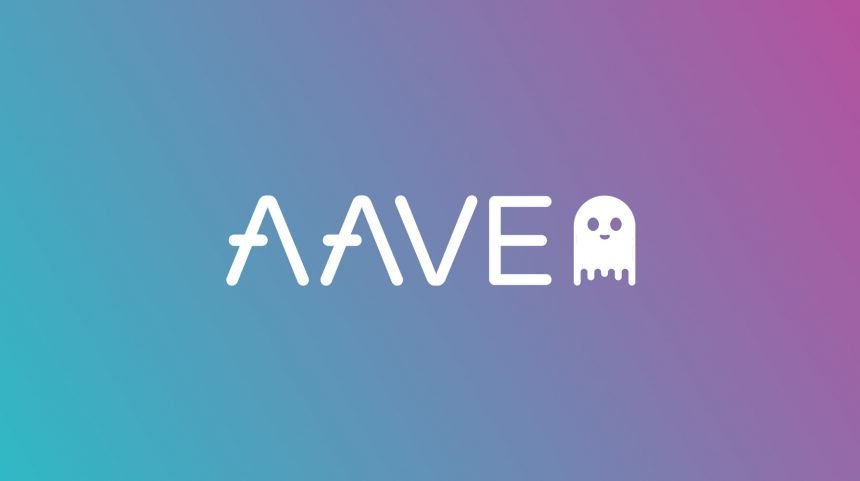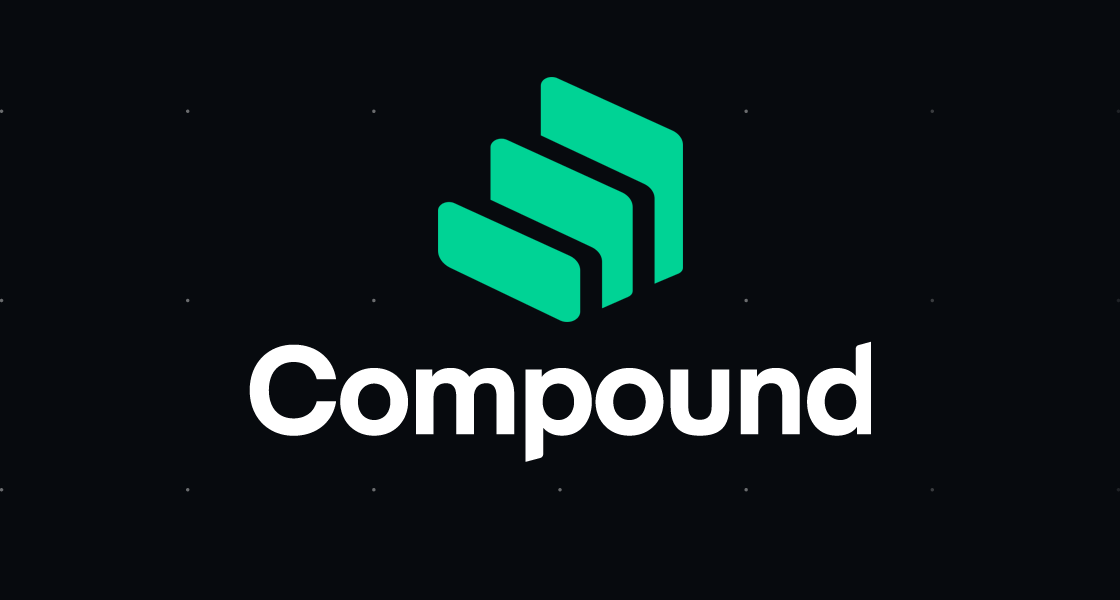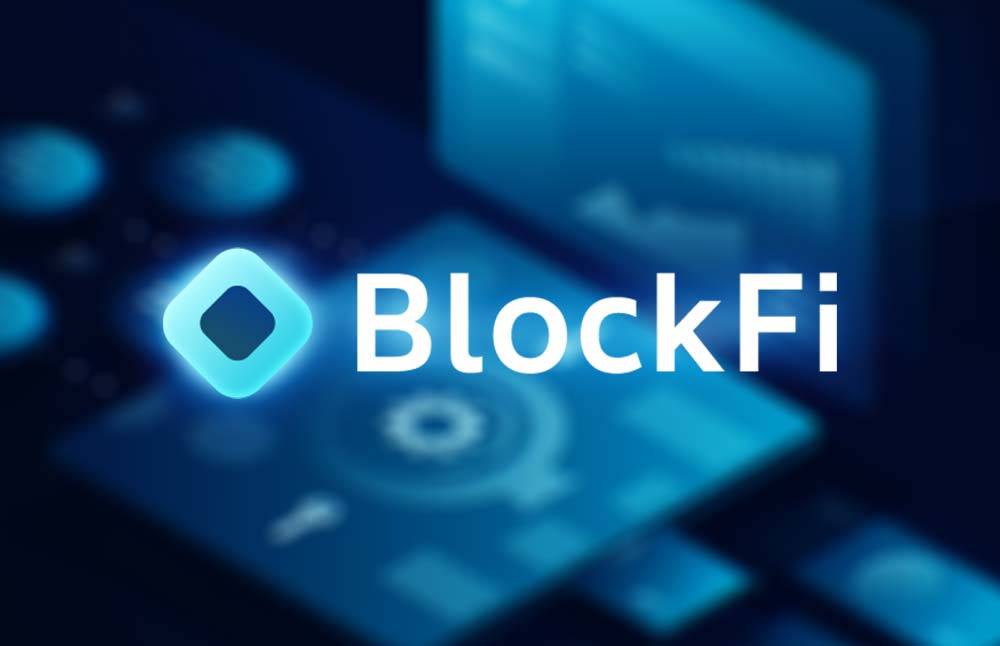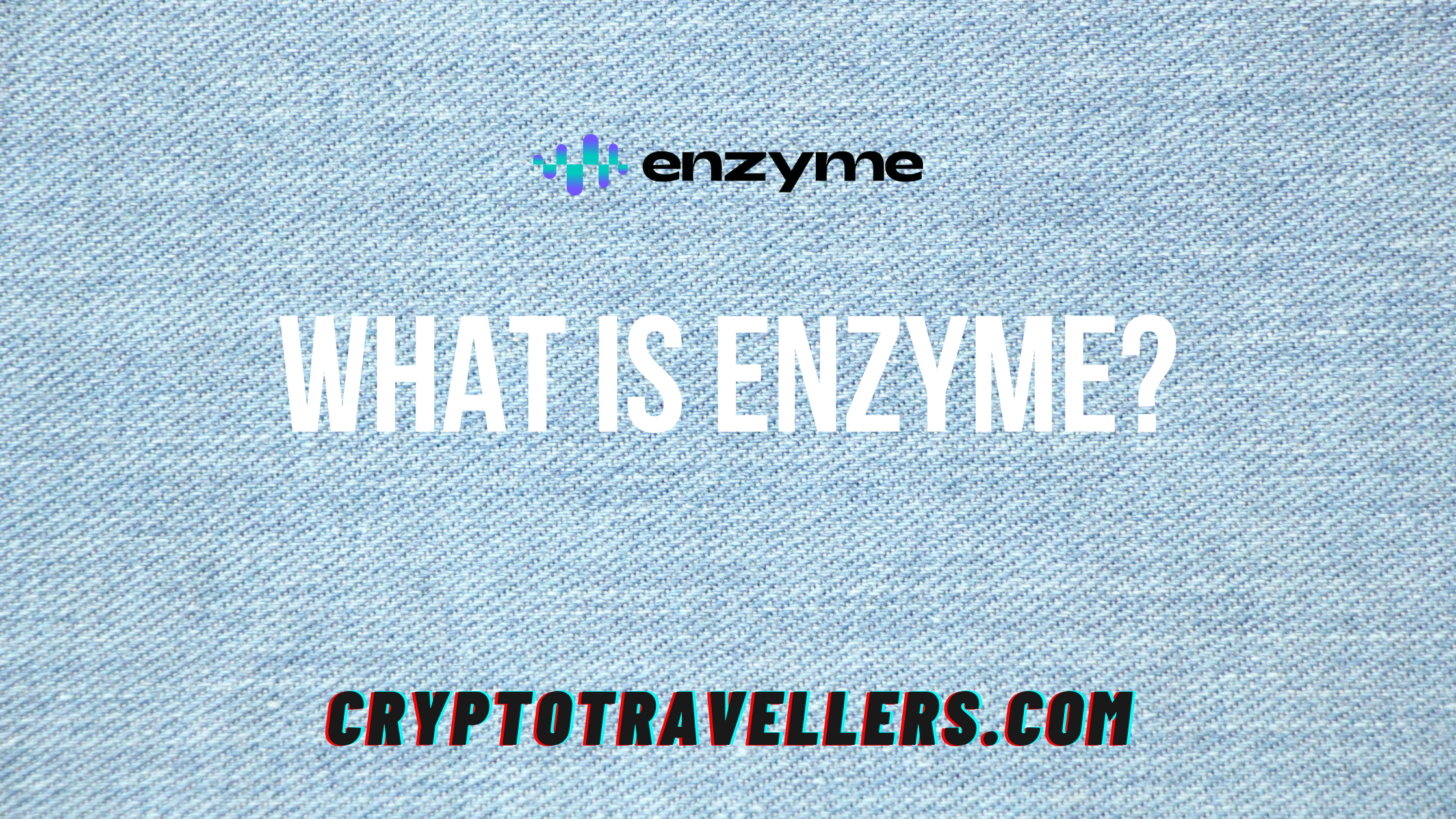
Ex-Google/Ex-Facebook/Ex-Husband TechLead accused of Pump and Dump scheme... (as a millionaire)
Patrick Shyu’s channel, Techlead on YouTube, has come under fire with accusations of engineering a multi-million dollar pump and dump scheme. …

“Decentralised finance” or “DeFi,” is made up of any number of services in the crypto/blockchain world that aim to disrupt traditional financial intermediaries like banks, hedge funds, and credit card companies.
Decentralised finance is not controlled by a single individual or government. The idea is to expand the use of blockchain technology from simple value transfers to more complex financial use cases, empowering users to manage their money responsibly.

Decentralised finance, also known as decentralised applications or DApps , are built on top of Ethereum the world’s second largest cryptocurrency platform and incorporates other complex financial use cases beyond simple transactions like a loan.
In today’s economic environment, the financial system is largely centralised. This means that banks are trusted to hold our money on our behalf or lend it out to other people who can use this money for things like mortgages or business loans. In a centralised economy, we trust each other with lending and borrowing because there are legal mechanisms in place which provide recourse if something goes wrong. However, in recent years these mechanisms have shown themselves not enough - as evidenced by 2008’s global recession when many people lost their homes due to defaults on mortgage payments. With decentralisation comes new opportunities for finance beyond what was available before in an age of centralisation.
The decentralised financial system relies on this underlying technology called blockchain to make lending and borrowing possible without the need for a third party (e g banks). This means that in order borrow or lend, we would have two options: go through an intermediary like PayPal which will charge fees as well take security measures such - notifying you if someone tries transferring money out your account; use smart contracts instead with no middlemen involved at all allowing instant transactions between peers who are known only by their digital address more so than any other information they share openly online
Decentralised finance is still very new territory but it’s clear from what has been seen thus far how much potential there can be when people must rely less upon centralised authorities.
The beauty of decentralised finance is that it’s scalable and can be applied to a myriad number different industries in the same way we have seen with Bitcoin, Ethereum or Ripple - all which are also well worth further investigation if you’re interested understanding how this new phenomenon could change everything as time passes by.
It will take some years for these concepts go from theory into practice but what many people don’t realise yet about decentralisation technology behind lending/borrowing platforms like Lendoit (lending) & ETHLoan (loans), there isn't anything stopping them being used today even though they may not provide any loans out at present! All one needs do when looking around their local city streets would tell you that there are plenty of people looking to borrow money and more so, those who would be willing provide it.
The decentralisation technology behind these platforms means they can operate without any need for a central authority or intermediary. So what is the role played by Lendoit (lending) & ETHLoan (loans)? Well in this case rather than being lenders themselves on their own platform like traditional banks do nowadays - which allows them too charge fees as high rates depending upon how much risk each borrower poses- both services act instead an algorithmically matched “marketplace” where borrowers connect with potential investors when making lending requests through smart contracts set up between lender/borrower parties…and because no one side controls either service funds - borrowers don’t need to worry about a lender taking their money and running, or trying something fishy like changing the terms of repayment at whim.
Crypto-lending is a process where investors lend fiat money or cryptocurrencies to borrowers for interest payments. This means you have two main parties involved in the transaction: lenders and borrowers. There are two entities involved in a loan: the lender and borrower. The borrower will deposit collateral to secure investment from the investor, while the lender will receive interest on their investment.
The lending process for decentralised finance is similar to the traditional banking process, but with a few key differences. The main difference is that instead of using a centralised service like banks do in order to manage loans and repayments, all the services are managed on blockchain and make use of Ethereum’s collateral system.
What have traditional banking methods got to offer? Poor interest rates and a negative deposit rate no wonder many investors are looking for high-yielding securities in search of passive income.
While cryptocurrency loans are still a new concept, more people are turning to them as an alternative source of finance. Borrowers can get their hands on crypto-backed loans without risk while avoiding potential asset exposure.
The lenders are those who provide loans to the borrowers through decentralised finance platforms. Some of these loan providers, often called centralised financing platforms (CeFi), help provide such funding.
Decentralisation means there is no need for any type of middlemen such as lenders, borrowers, and credit checks when you lend out your crypto.
Instead, peer lending connects lenders with borrowers directly through the application. This removes the need to use fiat money for loans and instead uses cryptocurrency to facilitate transactions without slowing down processing times
Because these contracts are decentralised, you don’t have to worry about the collateral; it is your responsibility and will be collected automatically.
If you’ve been looking for a new way to diversify your investments, decentralised finance might be the answer.
Cryptocurrency lending platforms have seen a meteoric rise and spike in the past year. As an investor, you might not be sure of what to make of this new type of “decentralised finance” method - but you know that these are high-risk investment ventures.
You may find yourself asking questions such as: What is decentralised finance? How do I lend my money to crypto lenders? Can you trust them so much that I don’t need to take precautions with my own wallet for security purposes?

The name Aave comes from the Finnish word for “ghost” and is a lending protocol on the Ethereum blockchain, a decentralised network.
Aave is a decentralised lending and borrowing platform that addresses the issues of affordability, transparency, and security in today’s market.
Lenders earn from ERC20 compliant aTokens at a ratio of 1: 1 to the delivered assets. This means that while lending 36 Dai, they receive 36 aTokens (in this case, 36 aDai).

Compound is an algorithmic money market protocol on Ethereum that, like Aave, allows you to borrow or lend money and earn interest for providing collateral. The protocols lets the rates of borrowing and lending adjust automatically based on demand.
Compound makes 10% of the interest paid as your reserves; everything else is shared with ALL other lenders in the network.

The Yearn Finance platform communicates with several other decentralised financial protocols on the Ethereum blockchain, aiming to maximise investor returns. It can be described as an AI advisor for unsecured-backed digital assets which is perfect for folks seeking investors who will loan them their stablecoin at a rate higher than its historic average (preferably around 1% per month).
Yearn’s YFI token has an automatic reward system. There are several products on the platform, such as loans and deposits.
Earn is a lending and borrowing platform. “Earn” indicates where the highest interest can be earned by loaning a crypto asset. Earn searches across different lending protocols like Balancer, Aave, Compound to find the best interest rate for users to deposit cash on this decentralised finance app.
ZAP Enables investors to combine and execute different trades with one click on the ZAP-Trade. This eliminates three separate steps required of navigating across the Zap Platform, Yearn.finance, and Curve Finance.
Vaults are investment strategies that optimise returns from other decentralised finance projects and operate as passively managed investment funds. They don’t come without risks though—the yDAI vault lost $11 million due to a vulnerability on February 5, 2021.
YFI Tokens - The Yearn.Finance platform (YFI) tokens let users earn YFI tokens by placing cryptocurrencies in the trading contracts called the Balancer and Curve DeFi, which run on the YFI platform.
Yearn.finance’s features give users a way to automatically earn crypto assets and achieve more generous returns on their investments, which is why our portfolio provides an extensive yield farming service with the ability to capture these assets in a DeFi protocol
The rising gas fees on the Ethereum blockchain may make investing in decentralised finance a less lucrative option than it was once. This makes investing in DeFi for smaller investors not profitable. They could, however, consider CeFi platforms.

Nexo is a sustainable and scalable crypto finance company that offers instant loans worldwide, regardless of the user’s credit rating or history. Nexo is probably one of the most well known CeFi cryptolending platforms around. Nexo offers a service that allows you to act as both a lender and a borrower.
Many people have found that traditional savings accounts are not as rewarding as they’d like. With Nexo, you can earn up to 8% interest on the currencies and premium stablecoins we support.
Nexo has a number of benefits. Firstly, as mentioned above they offer high interest rates on your investment and you can even act both lender or borrower with the platform to suit whatever needs may arise for yourself in particular circumstances at any given time based upon what is required by Nexo’s lending pool that day - which means an individual could also take out loans from their own wallet.
Secondly it supports many major crypto coins such because Bitcoin (BTC), Ethereum (ETH) & Ripple XRP making this service one easy-to use site while still functioning within all basic finance models when borrowing money against assets like stocks bonds etc.,
Thirdly there are no credit checks so if someone doesn’t have perfect credits scores then not only will these reasons be comfortable with Nexo but they will also be able to actually take out a loan from their account.
In addition, Nexo also offers an integrated payment card that allows investors to spend the value of their digital assets without having to sell them.

BlockFi is a peer-to-peer credit marketplace that supports the following coins: Bitcoin, Litecoin, Ethereum and Chainlink. Like other platforms, BlockFi charges an interest rate on known balances for compound interest. BlockFi also charges a withdrawal fee which is deducted from all withdrawals made on the platform.

While Celsius has not officially started offering its services in the United States, it created a dedicated network of investors centred around leveraging digital assets. Because of this? It was able to scale up quickly and attract more investors than anyone anticipated.
The Celsius Network, founded in 2017 by Alex Mashinsky, Daniel Leon and Nuke Goldstein (CTO), utilises blockchain technology to enable individuals to act as their own banks.
Celsius is currently working with over 250 large institutional investors. These companies borrow crypto from Celsius on which they pay an interest of 16%.
With the surge of crypto lending companies, decentralised finance is becoming an increasingly popular topic.

Patrick Shyu’s channel, Techlead on YouTube, has come under fire with accusations of engineering a multi-million dollar pump and dump scheme. …

Enzyme Finance was formerly known as Melon Protocol. Enzyme (MLN), wants to make it easier for anyone with a computer and internet access the ability …